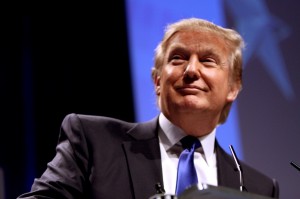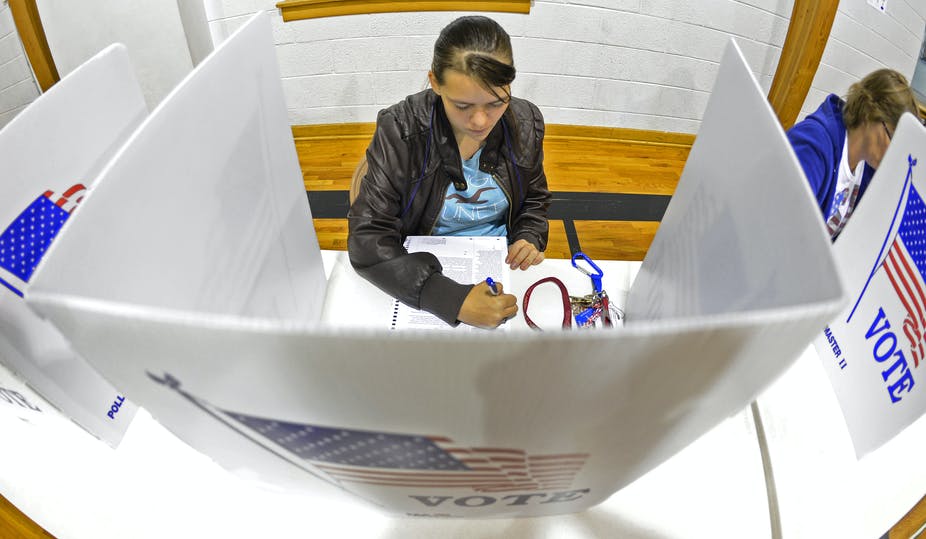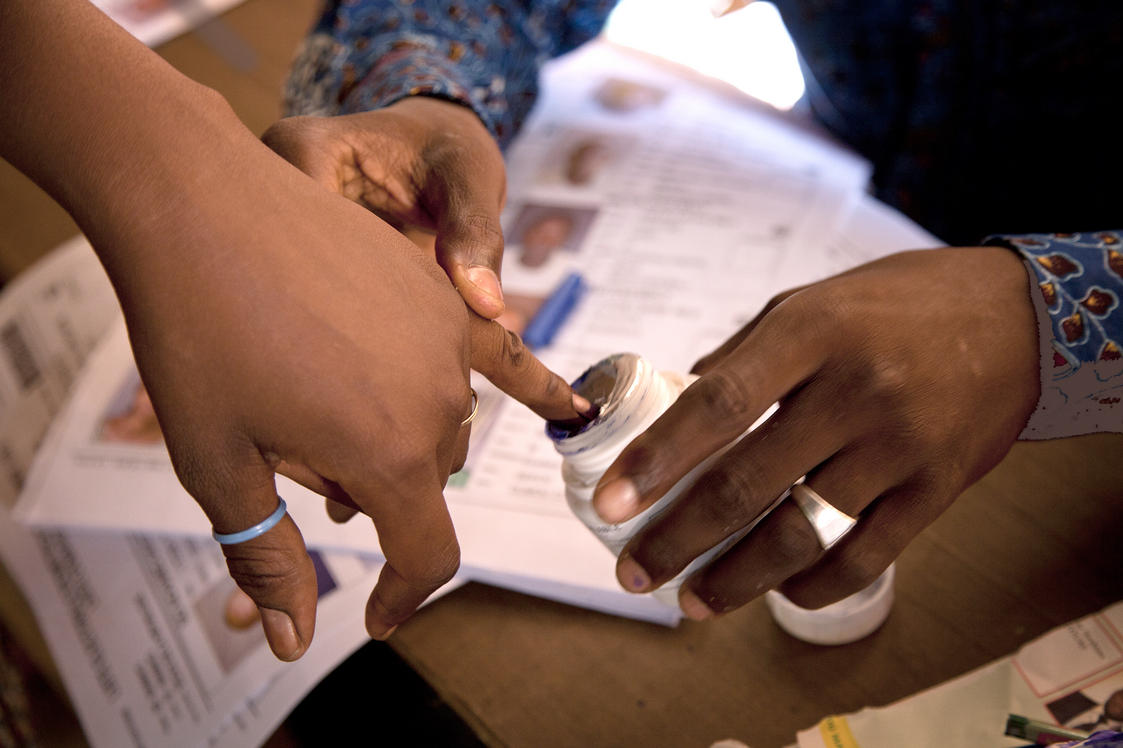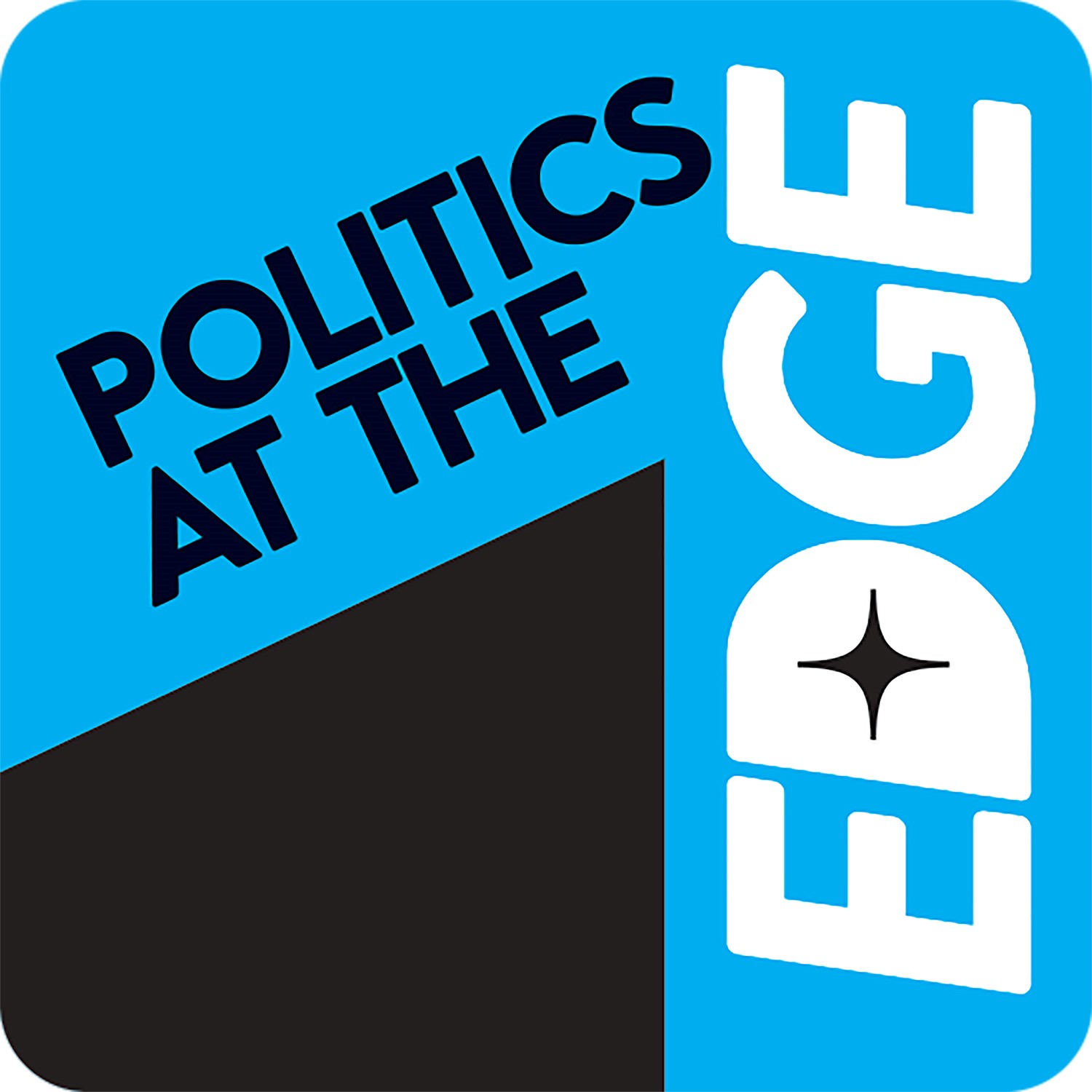
Source:https://www.flickr.com/photos/gageskidmore/5440993936
As an American living in England for almost two years now, I’ve lost count of the number of times someone cites an American oddity—guns, pick-up trucks, Donald Trump—and asks for an explanation: Why do American act this way?
My answers vary with my mood. But in the case of real-estate magnate and two-bit huckster Donald Trump, one reasonably sound answer presents itself: Trump is very good on TV. Indeed, before he decided he was a politician, Trump was best known for his star turn on The Apprentice.
And once a candidate—no matter how unqualified—is on television, the polling numbers tend to follow. There is an almost one-to-one positive correlation between Trump’s airtime and his polling numbers. Of course, there are other factors to consider—anti-establishment populism is popping up in democracies worldwide, and in a wide range of partisan guises. And Trump is not the first larger-than-life populist campaigner in American political history. But for the last sixty years, compelling television performances have been a crucial ingredient in successful US presidential campaigns.
The political power of television persists in the internet age, which has paradoxically made some facets of old media more powerful. Streaming might be replacing broadcasting when it comes to prerecorded television, but not so for live events. As audiences for prerecorded programmes have been plummeting, the audience size for live events has been skyrocketing. This trend explains why American television networks continue to manufacture live events, like Grease Live and The Sound of Music Live, despite dismal reviews. It also explains sports leagues like the National Basketball Association and the English Premier League hauling in record sums in their new TV deals—we can’t watch Steph Curry reign threes or Leicester City take on the big clubs on Netflix.
The never-ending American election season spits out ratings-boosting news flashes, like Trump’s latest shock statement, and live events, like the wall-to-wall debates, which continue to attract record numbers of viewers, even as the primary season gets longer every election cycle. Trump announced his candidacy in June of 2015, and the Republican Party won’t select the nominee until the party convention in mid-July. That’s 13 months of campaigning—and live television performances—just for the primary. As these audiences watch Trump in their millions—whether with horror or hope at his surprising success—they take to social media to share their reactions, and these tweets and Facebook posts feed back into the television machine, providing instant fodder for pundits and candidates alike. When it comes to the campaign season, television and social media combine into a hydra-headed money-making media machine.
In the case of Trump, though, the media machine is beginning to clash with the party machine. Establishment Republicans, it is safe to say, do not want Trump on the ticket or in the White House. After all, Trump was a registered Democrat as recently as 2009, has called Bill Clinton the best recent president, and is on record stating that Hillary Clinton would make a great president. Even though the party establishment has been slow to respond to Trump, history shows that party insiders rather than primary voters select the nominee. The recent Democratic Primary in New Hampshire bears this tendency out: leftist insurgent Bernie Sanders won 60 percent of the vote to Clinton’s 38 percent, but Clinton and Sanders picked up the same number of delegates, and it is delegates—not voters—who actually select the nominee at the convention. Clinton’s New Hampshire delegate haul came mostly from the infamous superdelegates, unelected party insiders unbound by the popular vote. Despite a near-tie in Iowa and a Sanders landslide in New Hampshire, Clinton has parlayed her status as party favorite into a 394 to 44 delegate lead over Sanders.
There is a lesson all of this for Trump, who loves to tout his polling numbers: polls are not votes, and votes are not a delegates. True, Trump remains a frontrunner for the Republican nomination, but frontrunner status in February does not always translate into frontrunner status come convention time in July. The early races—especially the Iowa caucuses and the New Hampshire primaries—attract outsized attention because they are the first states to dole out delegates, and because there are no other primaries competing for airtime. When it comes to the actual presidential elections, we will hear nothing of Iowa or New Hampshire, and with good reason: They have low populations, they are in no way demographically representative, and they have very few votes in the electoral college (when it comes to the presidential election, it will be worth remembering that polls are not votes are not electoral college votes).
This is not to discount the real danger of Trump: He is peddling a despicable and dangerous combination of blatant racism, torture advocacy, and virulent misogyny. Unfortunately, in America, these are not just empty words—racial violence is real (as the #BlackLivesMatter campaign reveals), torture is real (not only in Guantanamo Bay and Abu Ghraib but also in Chicago), and misogyny is real (women were murdered by male partners and ex-partners at the stunning rate of almost 1,000 per year in the first decade of the 21st century).
But it is also important to remember that Trump is still only a television candidate. He can bring in viewers—and with these viewers come advertising dollars and poll numbers—but, with 47 states yet to hold primaries, his ability to bring in voters over the slow churn of the primary season is far from proven.
I sometimes offer a polite dodge to questions about American oddities: Remember, I say, the US has over 300 million people living in a land mass two and a half times the size of the European Union. It’s a big, complicated place, full of problems and promise. Perhaps, then, rather than worrying about Trump, we should worry about the diseases of which he is only a symptom.
Robert Topinka is a postdoctoral fellow in UEA’s School of Politics, Philosophy, Language & Communication Studies whose research focuses on media, politics, and race. He has published on the relationship between new media and traditional media, surveillance and governance, and the politics of race in the US and the UK.





